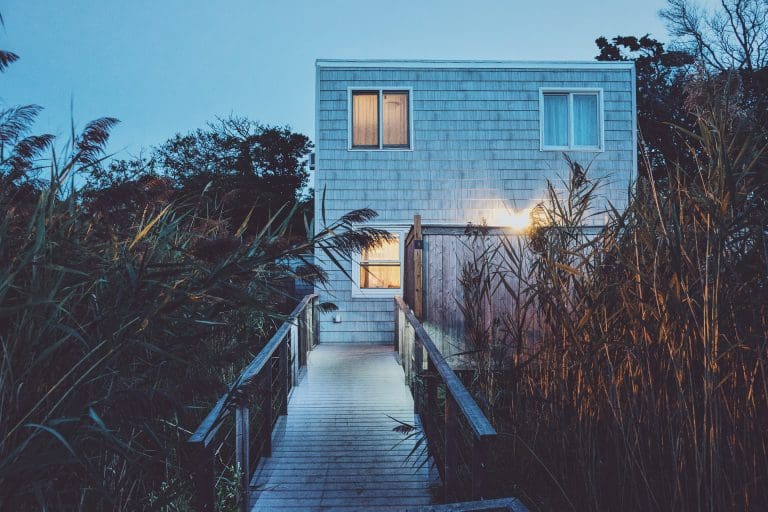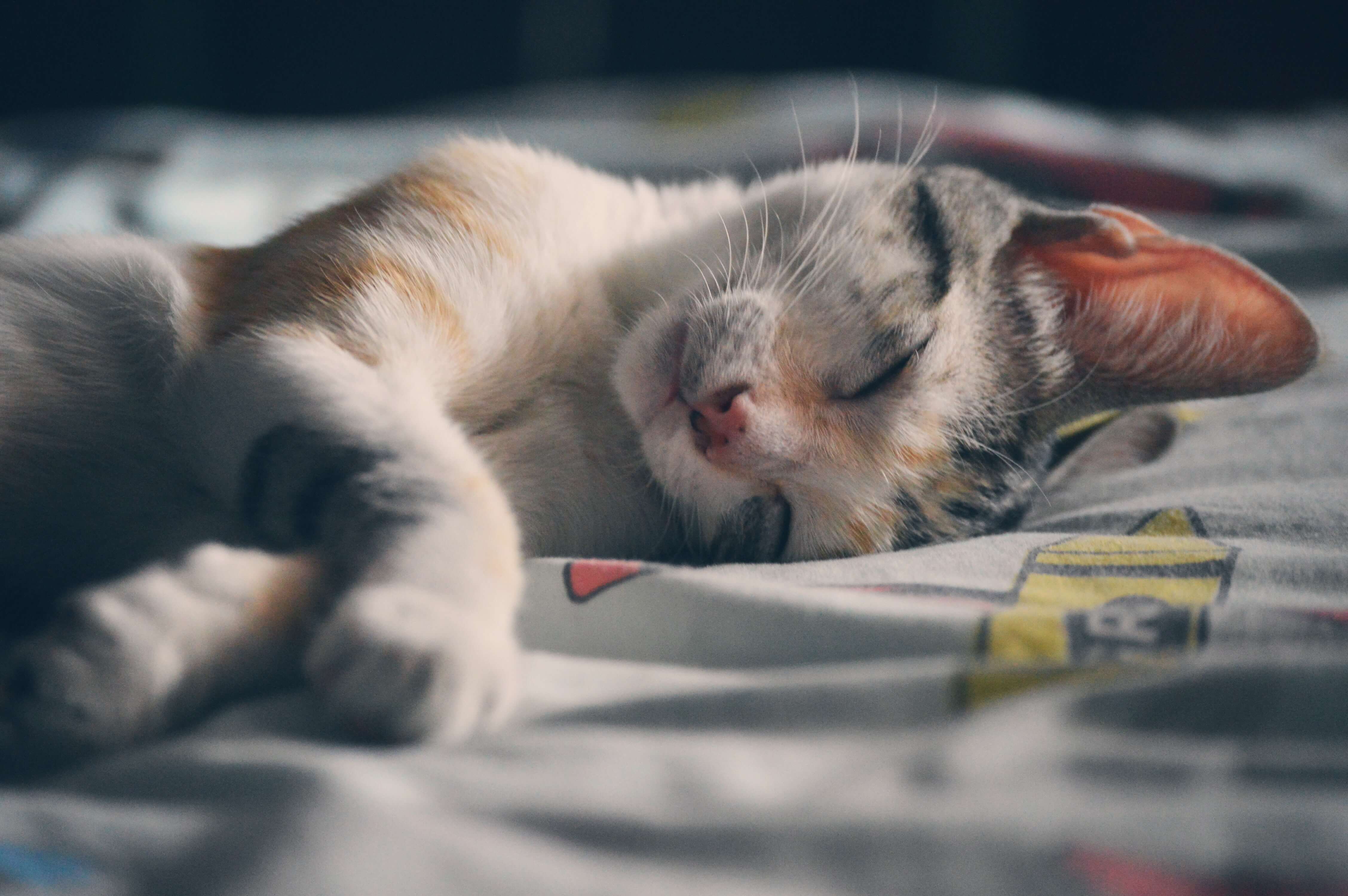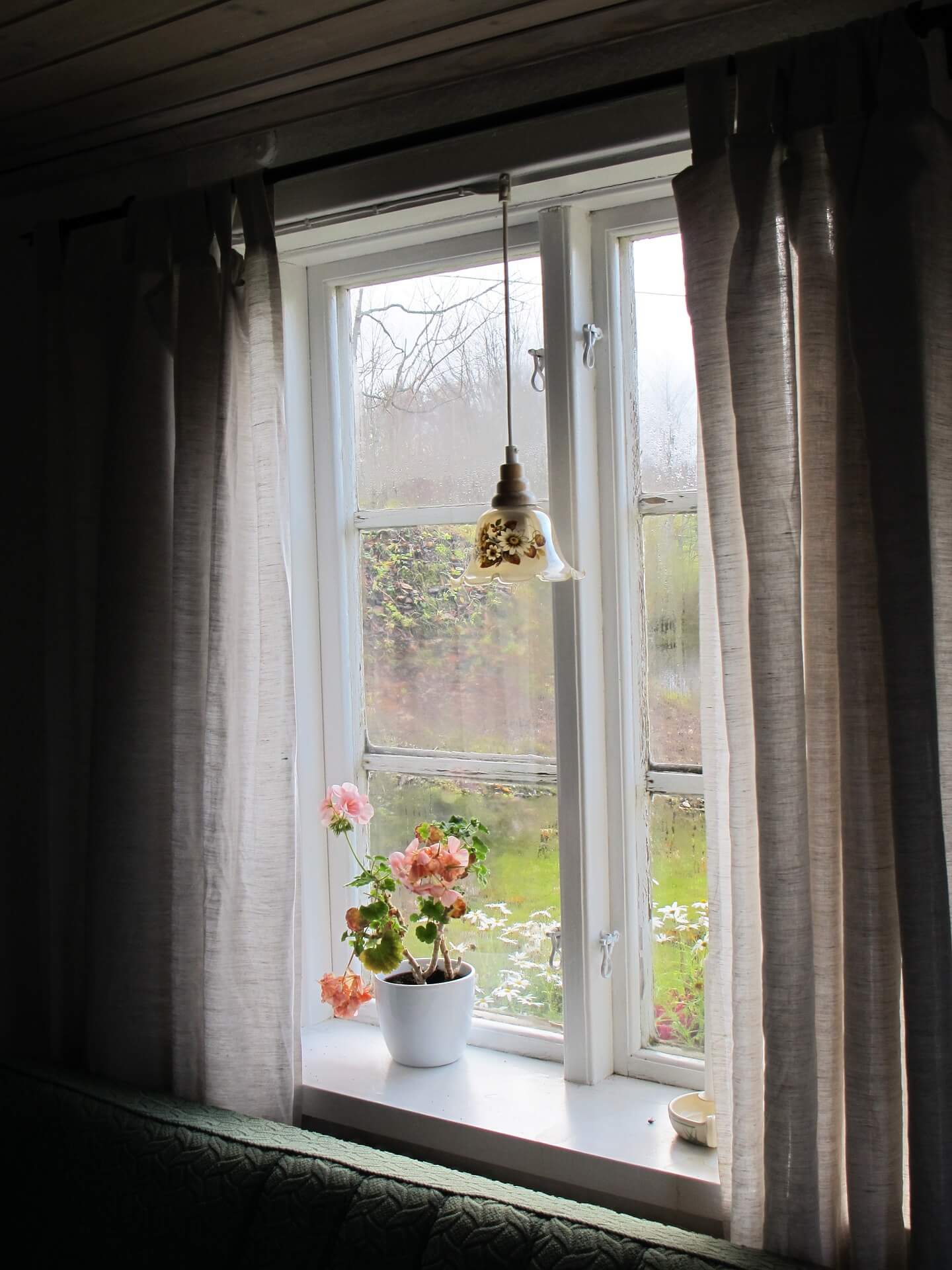The very talented architectural team design SOLID architecture had in its vision the construction of a bridge that can reunite two buildings, and this great idea was a success. The architectural team builds a fully enclosed bridge between the two buildings Rennweg 44 and 46, in the 3rd district of Vienna, Austria. The effect of the bridge viewed from the outside is amazing. The element surprise of the bridge is the third element formally separated, added at the two buildings. It is important to mention, that the bridge was built at the fifth floor of the Rennweg buildings. The span length of the bridge is 22 meters and it is used for passing on foot from a building to another. The foot bridge has a lightness and transparency due to widespread glazed side panels. The internal structure of the bridge is also visible from the outside, which is great. The light gray metallic color of the exterior surfaces of the bridge fits into the gray – a green color spectrum of the two existing buildings.
But what see every person who passes on the bridge every day? Well the interior design of the bridge has a unique character, independent of the two existing buildings. It is a space that is dominated by the dynamic alignment of the supporting structure and the floor and ceiling plate, so I think you will have a great experience if you will cross that bridge someday. With the exception of the light gray soil all surfaces are kept in white.
Also stands out in color, the interior of the bridge from the existing buildings.
This horizontal surface opens up a good view of the underlying road space and to the towers of the arsenal. After a break in the floor plate leads a slightly inclined ramp, which compensates for the difference in height between the two buildings, 44 buildings in the Rennweg.
Static system of the bridge:
It is important to say that the main support structure of the bridge is formed by two trusses spanned beyond. The top chords of these are integrated into the roof level. The lower voltages are made of welded rectangular steel tubes. The first beams welded sections are integrated as a support of the walking plane. The main supporters take the tension road of the first beams mounted in the bridge and bend at the lower voltage of the main beam.
Roof and ground level are constructed as horizontal trusses and transfer the loads into the existing structure of the building.
Geometry of the bridge:
Of the buildings Rennweg 44 and 46, respectively Rennweg a horizontal plane is extended into the street:
– as the bottom plate of the bridge is the bottom panel of the 5th upstairs Rennweg 46 ,
and as the floor roof of the bridge is the ceiling above the fifth Rennweg 44.
– at 1.04 meters the offset level of the neighboring building there is the base plate with a 6% inclined ramp and bridge roof with a sloping roof surface. The kinks of the two levels – ground and roofs – are superimposed.
-at the middle of the bridge, the bridge is tapering from 2.70m down to a width of 2.35m. The bridge structure is made by combining the bends in the roof and bottom plate, which spans over the street in an elegant way.
The bridge is protected against the birds and the sun by printing on the side glazing dots of a width of 16mm. Also this great bridge who assures the communication and the connection between two buildings has a light system by using means of two parallel light panels extended alongside the glass walls.
Information about project data :
Architecture: SOLID architecture
Support structure planning: RWT+
Steel / Glass Construction: Kamper Stahlbau GmbH
Client: Österreichische Lotterien GmbH
Construction Costs: 400.000,- € Area 54 m²
Invited Competition: 1st Prize, October 2008
Completion: May 1, 2009
Fotos: Günter Kresser












